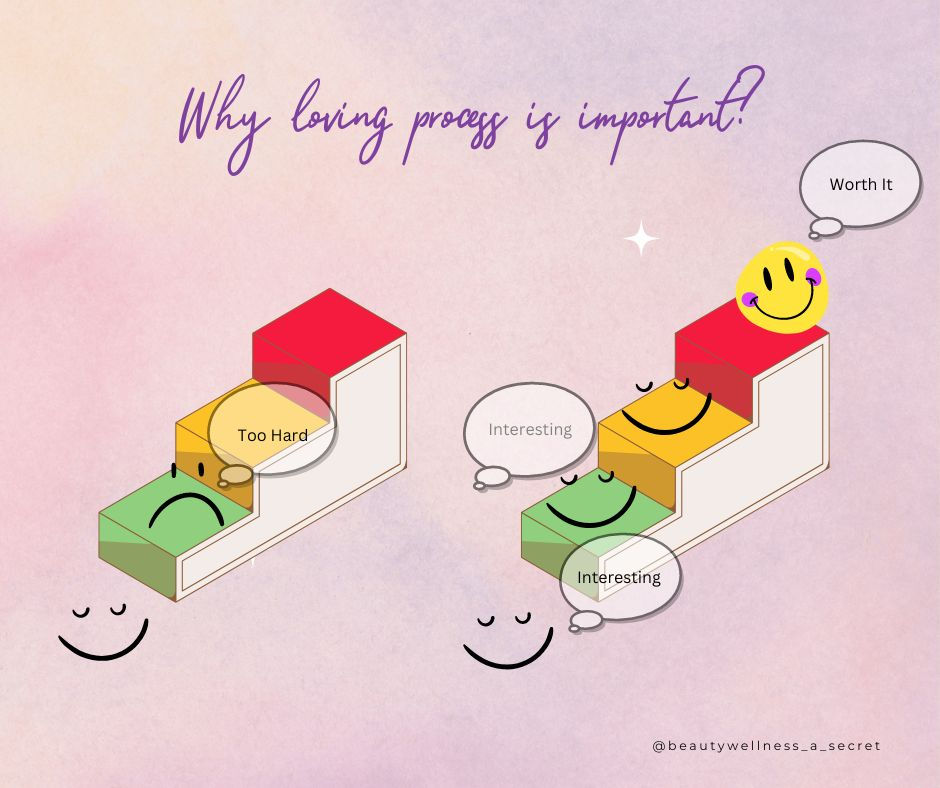The Link Between Sleep and Emotional Well-being: How Restful Nights Impact Your Mood #sleep
- supriyaprajapati45
- Jun 5, 2023
- 5 min read

Ever feel grumpy in the morning after a restless night? It's not just you. Our mental and emotional health is impacted by sleep in several ways. Additionally, it goes beyond simply feeling rested. Studies have linked disorders including sadness and anxiety to poor sleep quality. Let's now explore the crucial link between good sleep hygiene and mental and emotional wellness.
What is Sleep Health?
Ah, sleep. When you finally get a chance to close your eyes, let your troubles go, and then, oh no, why am I still awake? Your physical and mental health depends greatly on how well you sleep at night. But what does "sleep health" actually mean?
Let's analyze it. First things first - what exactly is sleep? During the restorative period of sleep, your body restores its energy and heals tissues. Rapid eye movement (REM) sleep and non-REM sleep are the two different forms of sleep. Your brain is quite busy during REM sleep, which is when dreams frequently happen.
Contrarily, NREM sleep is separated into four phases. Contrarily, NREM sleep is separated into four phases. Stages 1 and 2 of sleep are lighter forms, but stages 3 and 4 are deeper and more restorative. Let's discuss the biological clock now that we have a better understanding of what sleep is. The biological clock of the body is an inherent mechanism that controls sleep and adapts to environmental changes.
The brain's hormone melatonin is essential for controlling the circadian clock. The body creates more melatonin when it is dark outside, which makes you feel drowsy. Melatonin production diminishes as the sun rises, making you feel more awake.
What influences the biological clock?
The quality of your sleep may be significantly impacted by your age and lifestyle. Melatonin production decreases with age, which might make it more challenging to get to sleep and remain asleep. Diet, exercise, and stress-related lifestyle variables also have an impact. For instance, drinking alcohol or caffeine right before bed might make it difficult to fall asleep. And let's face it, surfing in through social media till two in the morning isn't helping your situation either.
So how can you increase the quality of your sleep?
Stay tuned for our upcoming part, when we'll go through advice for improving your sleep. Let's first discuss the mind-body relationship between sleep and mental and emotional health.

The Mind-Body Relationship
Now that we understand the importance of sleep, let's dive into how it relates to our mental and emotional wellbeing. #sleep
Have you ever considered the impact of lack of sleep on your mental health? Lack of sleep can lead to a higher risk of depression, anxiety, and mood disorders. This emphasizes the importance of prioritizing healthy sleep habits.
Have you noticed how your emotions can affect your sleep quality? Stress and anxiety can make it difficult to fall asleep and stay asleep. This relatable connection between emotions and sleep underscores the significance of a good night's rest.
Poor sleep can impact emotional regulation. Without enough restorative sleep, managing emotions becomes harder, leading to irritability, short-temperedness, and frustration. This highlights the crucial role sleep plays in maintaining emotional stability.
Sleep is essential for memory consolidation and information processing. Lack of sleep can impair thinking, reasoning, and problem-solving abilities. On the other hand, sufficient sleep can improve productivity, creativity, and overall cognitive performance.
Sleep is a fundamental need intricately connected to our mental and emotional health. By prioritizing healthy sleep habits, we can enhance our mood, emotional stability, and cognitive performance.
Before sacrificing sleep for work or entertainment, ask yourself if it's truly worth it. Remind yourself that quality sleep is a powerful tool for a happy and fulfilling life.
Remember, by prioritizing sleep, you are equipping yourself with a vital resource to lead a happier, more fulfilling life.
Sleep Health and Physical Health
Did you know that sleep is directly linked to our immune system?
Not getting enough sleep or experiencing disturbed sleep can leave us more vulnerable to sickness. This emphasizes the critical role sleep plays in maintaining a strong immune system. Our bodies perform restorative processes when we sleep, such as boosting immune response, t cell activity, antibody synthesis, and inflammation modulation.
Studies have shown that those who get enough sleep tend to make better food choices and have a lower risk of being overweight or obese.
Lack of sleep can lead to an increase in hunger hormones, which can cause overeating or poor food choices. Emphasize the importance of quality sleep in maintaining a balanced and healthy diet.
Consistently getting good quality sleep has been shown to lower the risk of developing cardiovascular conditions such as heart disease and high blood pressure. Draw attention to the potential consequences of insufficient sleep, such as an irregular heartbeat or heart attack.
It's clear that when it comes to physical health, sleep is a crucial factor that should never be overlooked. Emphasize the need to prioritize sleep as an essential component of overall well-being.
By taking steps to improve sleep quality and quantity, we can positively impact not only our physical health but also our mental and emotional well-being. Motivate readers to make conscious efforts to prioritize their sleep for the sake of their overall health.
Remember, a good night's sleep is not just a luxury but a necessity for a healthy and fulfilling life. Make sleep a priority and reap the benefits it brings to your physical, mental, and emotional well-being.
Tips and Strategies for Better Sleep
We all enjoy a cozy evening of lounging on the couch, indulging in our favorite shows and snacks. But did you know that these habits can impact not just your eyes but also your sleep quality? It's time to reconsider our pre-bedtime routines.
Developing a regular sleep schedule is essential for maintaining optimal sleep quality. Aim for 7-8 hours of sleep each night and make it a habit to stick to this schedule. Your body will thank you for the consistency.
Limiting stimulants and electronics before bedtime is crucial for better sleep. Say goodbye to sugary snacks and put away your phone at least one hour before you plan to sleep. It may require some effort, but the results will be worth it.
Create an environment conducive to quality sleep. Pay attention to factors like temperature, lighting, and noise level. Ensure your bedroom is cool, dark, and quiet. Investing in a good pillow and mattress can also contribute to improved sleep quality.
Sleep disorders like sleep apnea or insomnia can have a serious impact on your health. Don't hesitate to reach out to healthcare professionals if you suspect you may need assistance. Seeking appropriate treatment and medication can make a significant difference.
By taking small actions and implementing these strategies, you can experience significant changes in your sleep health. Emphasize that everyone deserves a good night's sleep and that it's within reach by making these simple adjustments.
Ways to enjoy better sleep:
Conclusion
It is impossible to overlook the crucial link between the quality of your sleep and your mental and emotional health. The immune system and cognitive function can all be negatively impacted by poor sleep. Some tactics that can improve sleep health include creating a calming sleep environment, establishing a regular sleep schedule, and reducing computer use before bed. Keep in mind that getting a good night's sleep is essential for both your physical and mental health. So start making sleep a priority for a happier, healthier life.


Comentarios